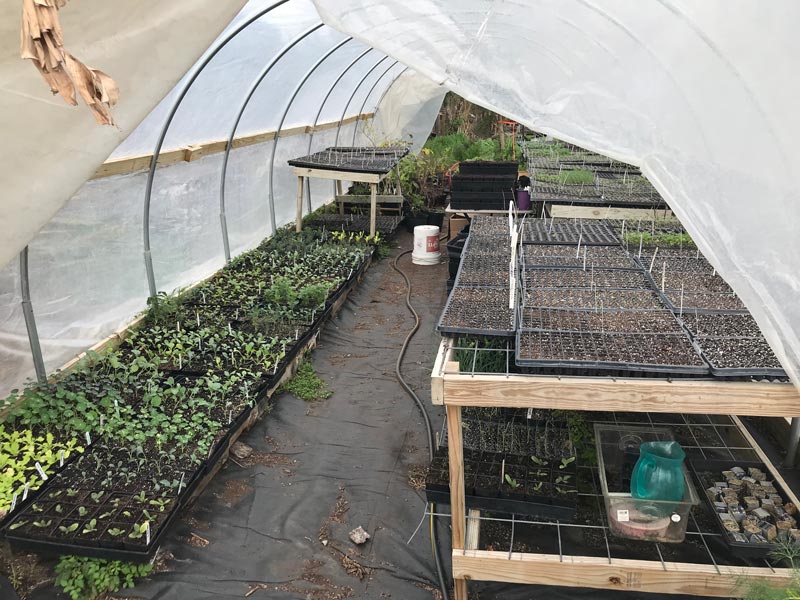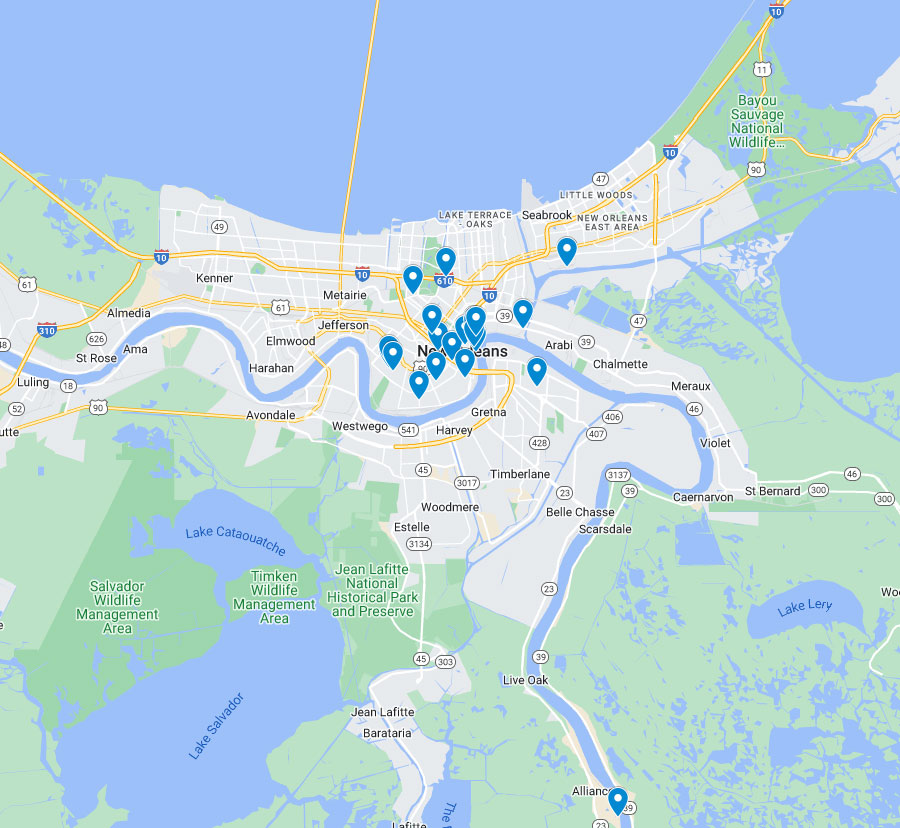
Biography
I am in my 5th year of the interdisciplinary City, Culture, and Community PhD program at Tulane University. My research revolves around critically understanding the material and symbolic relationships between food production, climate, environment, social structure (particularly gender), and everyday lived experience. I employ a variety of methodologies, primarily spatial and qualitative, to complete my work. My dissertation explores the uneven ways that urban and peri-urban agricultural producers in the New Orleans area are experiencing the climate crisis and its socioecological manifestations. I am particularly interested in understanding the gender dynamics at play and women’s roles/experiences within this climate-impacted agricultural space. I am excited by what such a case study might reveal about urban development, gender equity, and food/environmental justice in a changing climate.
Research
Change is Growing: Climate Change and Food Justice Among Small-Scale Agricultural Producers in the Metropolitan New Orleans Area
This project uses the food justice concept to explore how climate and gender impact agricultural production. I conceptualize climate change as an assemblage of acute and continuous biophysical phenomena and socially-mediated dynamics that impact agricultural production unevenly. This socioecological definition broadens the purview of study to include the dynamics of social actors and institutions (i.e. communities of practice, government and policy, NGO and state-led programs, etc.) who influence how growers are compelled to understand, engage with, and respond to the physiological elements of climate change. A preliminary empirical literature review and geovisualization of the U.S.-based food justice scholarship serves as a novel contextualizing exercise. I then move on to analytically center climate and gender in an interview-based case study of small-scale market-oriented urban and peri-urban agricultural production in the New Orleans area- an area culturally and ecologically situated as the preeminent frontline coastal community in the U.S. today. This project elaborates how agricultural production presently happens in the area, what environmental factors are impacting production, and how social structure, focally gender (Risman 2004), interfaces with these dynamics to aid or inhibit the achievement of long-term sustainability in the local food system and metropolitan environment despite profound environmental changes.



